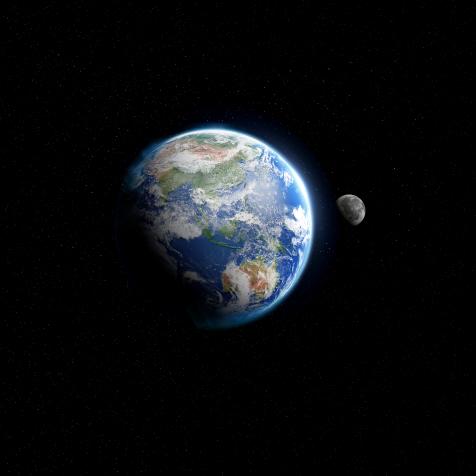
Buena Vista Images
The End of the World is NOT Sunday
The Mayan calendar predicted the end of the world in 2012, but we’re still here. Others are claiming that the Mayan calendar actually predicted the end of the world for June 21, 2020, so we shall see? Probably not.
To be honest, that might be the least surprising thing we’ve have heard all year, but guess what? It's likely fake. Someone took to Twitter, claiming to be a Fulbright scholar (among other things), about the new found evidence that the Mayan calendar threat from 2012 was miscalculated. Sunday, June 21, 2020 is now the new end of the world. Not.
Look, the world didn’t end in 2012, and it isn’t going to end in 2020. Before calendars as we knew it were established as the construct that we base our lives against, time was calculated more loosely. Leap years weren’t a thing until way later, so the argument could stand that the year we think we are in, i.e. 2020, is not the actual year at all. Chinese calendars, Julian, and Gregorian calendars are just a few other options humans have used to define date and time over the millennia. All have their idiosyncrasies, so who is to say one is more accurate than the next?
The world is over four billion years old, and time has been calculated for the smallest fraction of that. Who are humans to say when the world is to end, when it is potentially a fluke that we’re here at all? Scientists, astrophysicist, philosophers, and more study the big bang, evolution, human and planetary existence, time, and relativity based on evidence sourced from generations past. What we do know is that if we don’t want the world to end, maybe we should take better care of the planet and the people we share it with.





















